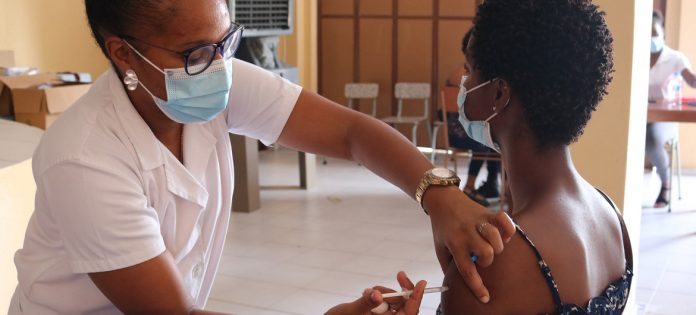The next three months will be a critical period for stepping up global collective action against future pandemics, the head of the World Health Organisation (WHO) said on Wednesday, pointing to three major meetings on the international agenda.
Although the COVID-19 caseload stabilised last week, after nearly two months of increases, the level remains high, said WHO chief Tedros Adhanom Ghebreysus, speaking during his regular press briefing from Geneva.
Cases have surpassed 4.5 million globally, with 68,000 deaths.
“Some regions and countries continue to see steep increases in cases and deaths, while others are declining,” he reported. “As long as this virus is circulating anywhere, it’s a threat everywhere”.
WHO is progressing on plans to strengthen global defence against future epidemics and pandemics, Tedros said.
He pointed out that with the UN General Assembly in September, followed by the G20 Summit in October, and a special session of WHO’s governing body set for November, the next three months represent “a critical period for shaping the future of pandemic preparedness and response”.
Last month, a high-level independent panel established by the G20 published its report, which is being discussed now.
COVID-19 is not “a one-off disaster”, warned the panel’s co-chair, Tharman Shanmugaratnam, Senior Minister of Singapore, who also addressed the WHO briefing.
“What is clear is that global health security is dangerously underfunded,” he said. “We are consequently vulnerable to a prolonged COVID-19 pandemic, with repeated waves affecting all countries, and we are also vulnerable to future pandemics. We can fix this.”
The report outlines three priorities, starting with strengthening WHO. It also calls for repurposing the World Bank, the International Monetary Fund (IMF) and other multilateral development banks, so that they can help countries during normal times and speedy response whenever a pandemic emerges.
The panel has also proposed the creation of a Global Health Threats Fund to mobilise US$10 billion annually, and establishment of a new governance mechanism that brings together financial and health decision-makers.
“The collective investments required as part of this deal are affordable. They will help us avoid blundering into pandemics again and again,” said Shanmugaratnam.
“We have to proceed with urgency. It would be economically and politically myopic, and morally indefensible, to defer the collective actions and investments that are in both the global interest and the national self-interests everywhere,” he said.
SOURCE: UN NEWS CENTRE/PACNEWS














